Buying a new car can be one of the most exciting, and stressful, purchases you make in your life. But with a little preparation and thought, you can avoid the lemons and find the best deal possible!
Know your budget and stick to it
Your new car is going to be something you’ll depend on, and pay for, for the next several years. You want to be certain you’re getting the right value with that kind of commitment. Overspending and underspending can both pose different risks. So take a look at your resources and find a price you can afford to spend that won’t break the bank, but also won’t leave you looking for another car in just a few years.
Buying a car means you need to be flexible, but it is a good idea to set a hard ceiling to what you’re willing to pay. If you have a top end number, either for the total cost, or the monthly lease you’re willing to commit to, you have a better chance of not getting in over your head when it comes time to sign the contract. Dealers live on the upsell and will do everything they can to talk you into a more expensive ride or tack on extra features at the last second. It can be very tempting to just say “sure” in the excitement and pressure of the sale. Having a inflexible top number will help you say no or even walk away when the price just isn’t right.
Do your homework
Buying a new car involves a good amount of preparation and study. First, you’re going to want to start with your needs. What exactly are you looking for in a vehicle? If you have young children and expect to be hauling carloads of kids to school and practice, you’re going to want something with four doors and trunk space. If you are going on long daily commutes to get to work, you’ll want something that has good mileage, and a reputation for reliability and comfort (there is no use in buying a new car that is just going to give you leg cramps and a sore back). Take these needs and look at some of the more popular options on the market that could fit the budget you’ve set. Ideally, you’ll want to focus down on a few different options before you start out shopping.
It’s a good idea to know a bit about the cars your interested in before you ever step foot on a car lot. You don’t need to turn into a gear head overnight, but being equipped with the facts will help you see through any smoke the dealer blows. Find out what the reviews say about the models you’re looking at, the common problems people have run into, and any other interesting tidbits. Poke around online and see if you can find the invoice price. This is the price the dealer pays for the vehicle. You won’t ever be able to get this price of course, but it is good to know what kind of mark up you’re paying and if the dealer really “can’t go any lower.”
Take it slow and test things out
Go into the purchasing process expecting it to take a little while. There is no need to rush such a big purchase and being patient will always reward you in the end. With that in mind, plan to visit a few different dealerships before you make any decisions. Don’t feel obligated to commit to spending several thousand dollars just because the dealer was polite and made small talk with you.
Taking a test drive is mandatory. You always want to get behind the wheel of a car before you decide to take it home. It might be the best buy on paper, but if it doesn’t sit right, feel right, or if it makes you uncomfortable in any way, it isn’t the car for you. Buy for what you feel confident and safe in.
Be strategic
There are good times and bad times to go shopping for a car. You might think “the car is the car, why would it matter what time I go shopping?” but the car business is a little more complicated than that.
Being a car salesperson is a high-pressure job, they have goals and standards to make, bonuses and commissions on the line, and mouths to feed at home that depend on making those bonuses. In the vast majority of dealerships, these deadlines are always near the end of the month. So if you plan your visit for that time frame, they’ll likely be more eager to make those last few sales to hit their qualifiers and be a little more flexible.
Same with visiting during the weekday instead of the weekend. Weekends are generally busier for most dealerships, with lots of customers milling about and opportunities for the dealer to be had. During the week though, if you’re the only person to step on the lot in the last hour or so, a dealer will likely be eager to make a sale just to look like they’re staying busy and productive. If you can, do your test driving and initial browsing early in the month, and move in for the sale during the last week to maximize your chances of getting a good deal.
The price is always negotiable
Lastly, be ready to push back on the price. This isn’t something most of us are used to doing (you can’t bargain down the price of a dozen eggs at the supermarket) but it is expected in the world of car sales. You need to stand your ground and know what you’re willing to spend. Fortunately, if you’ve done your research, know your stuff, and work with time (and sales deadlines) on your side, you should be able to confidently name a fair price and find something you and the dealer can agree on!
Of course, don’t forget that your new vehicle is going to need insurance! Before you go shopping, let your Staebler broker know. We’ll help you find the best rates for your new car so you can drive off the lot worry free!




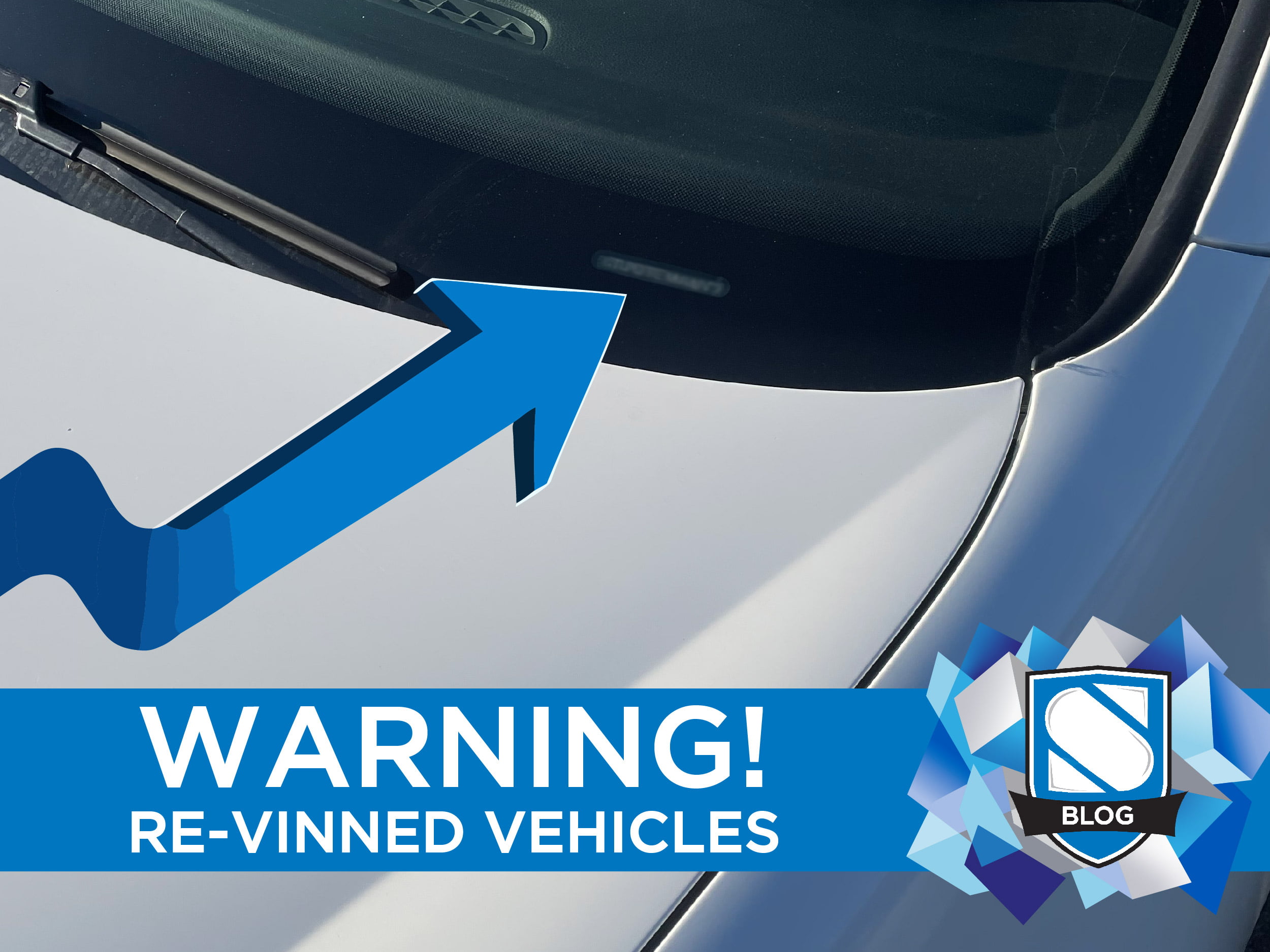

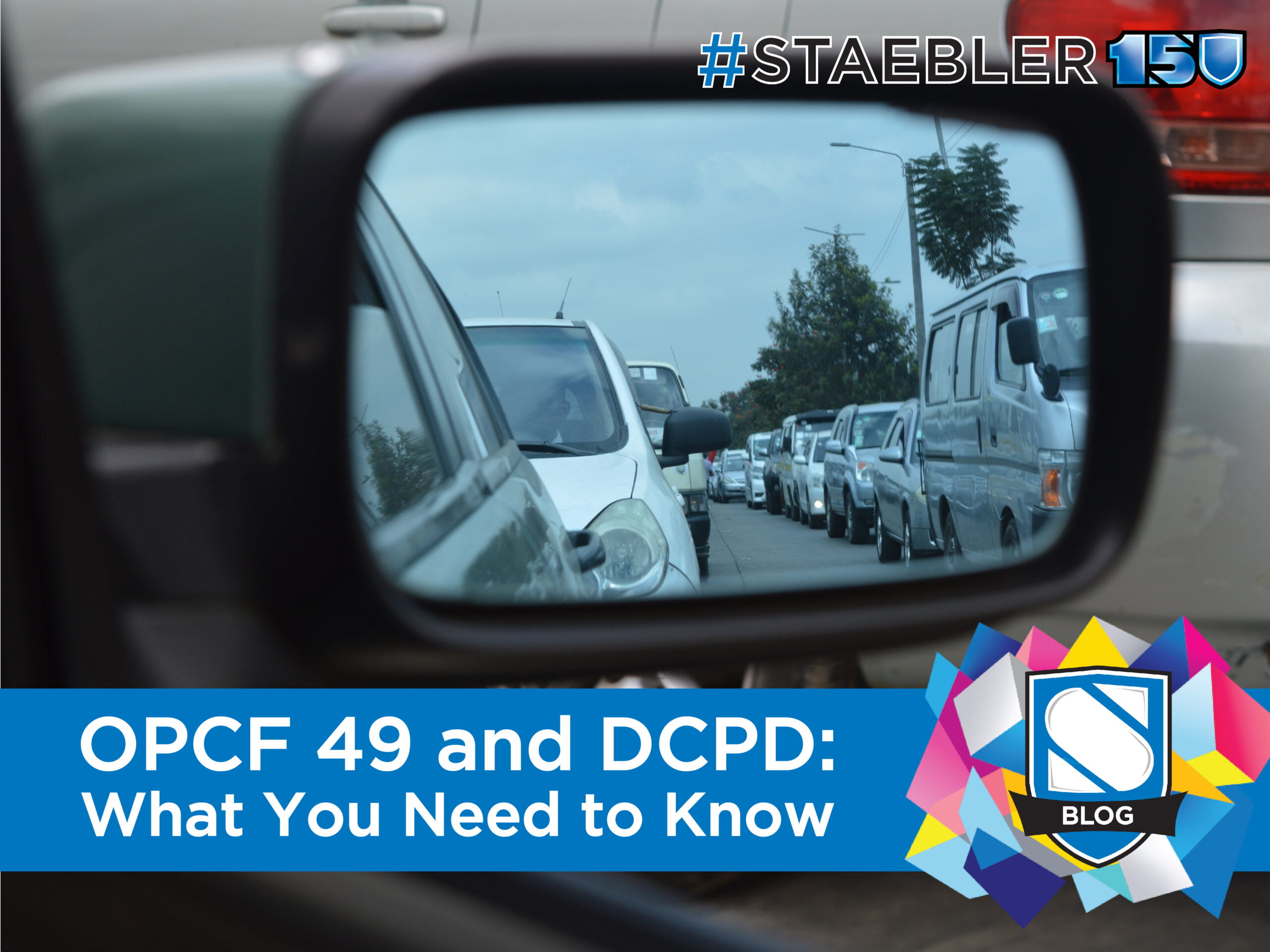
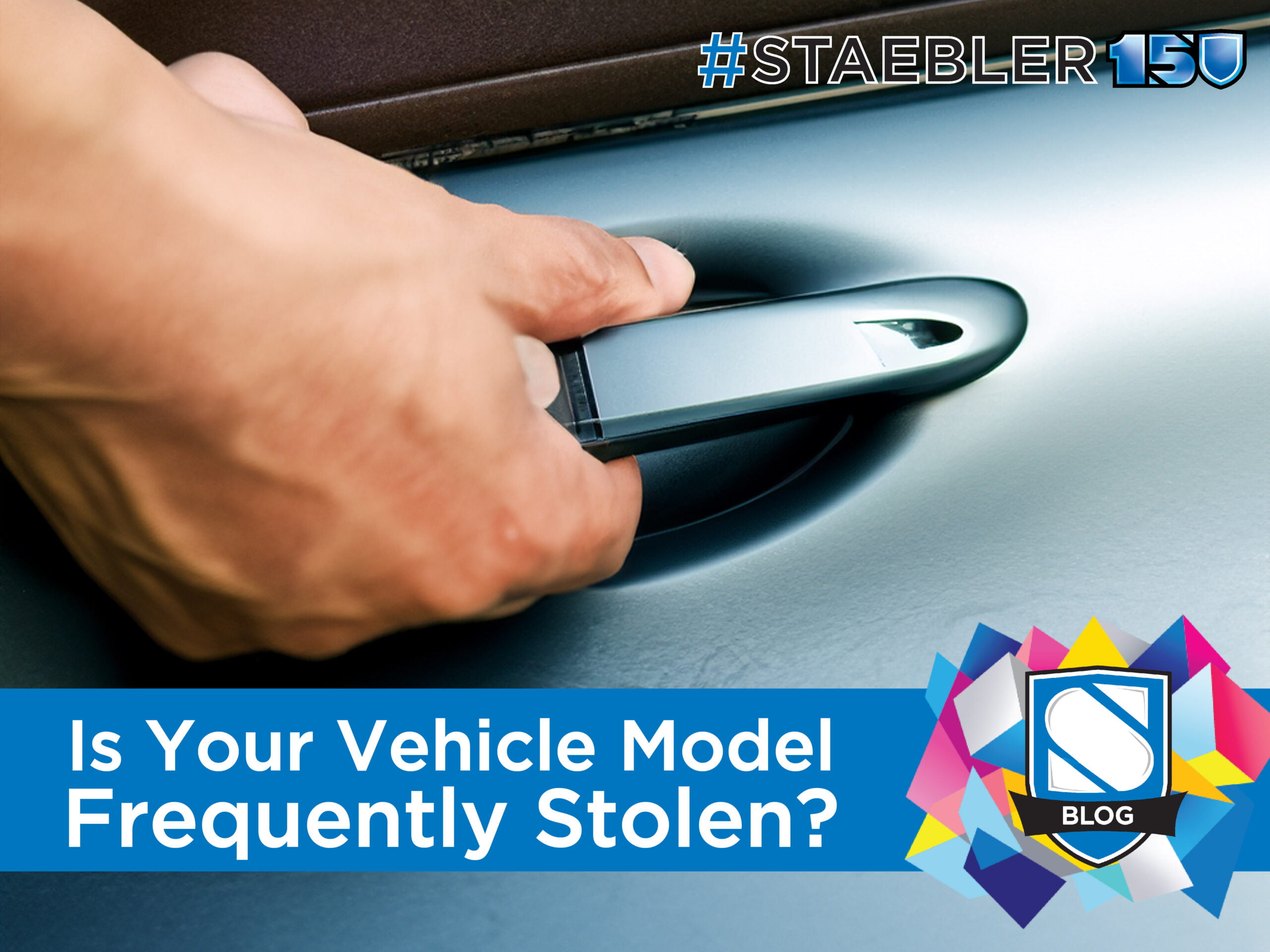
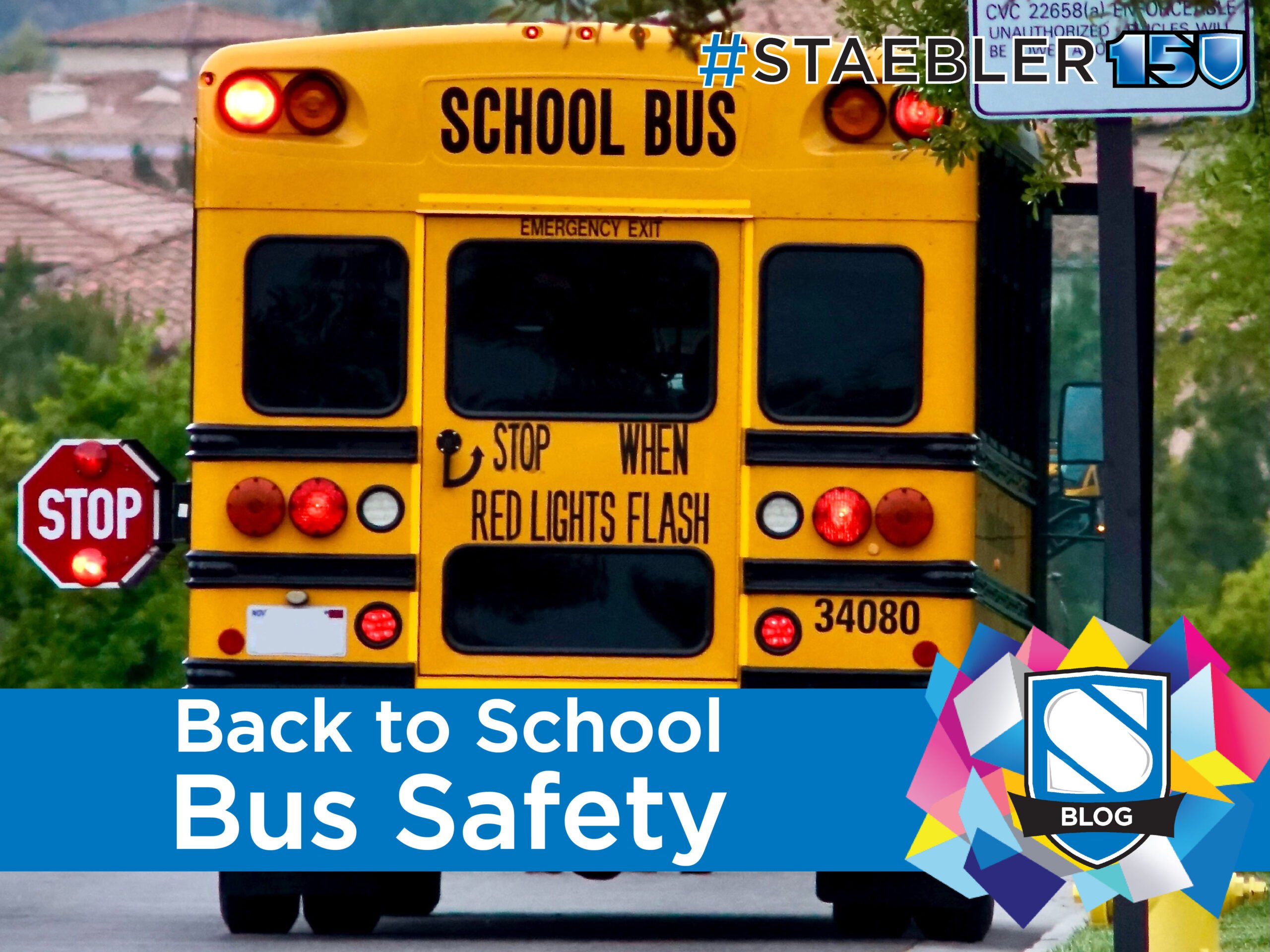
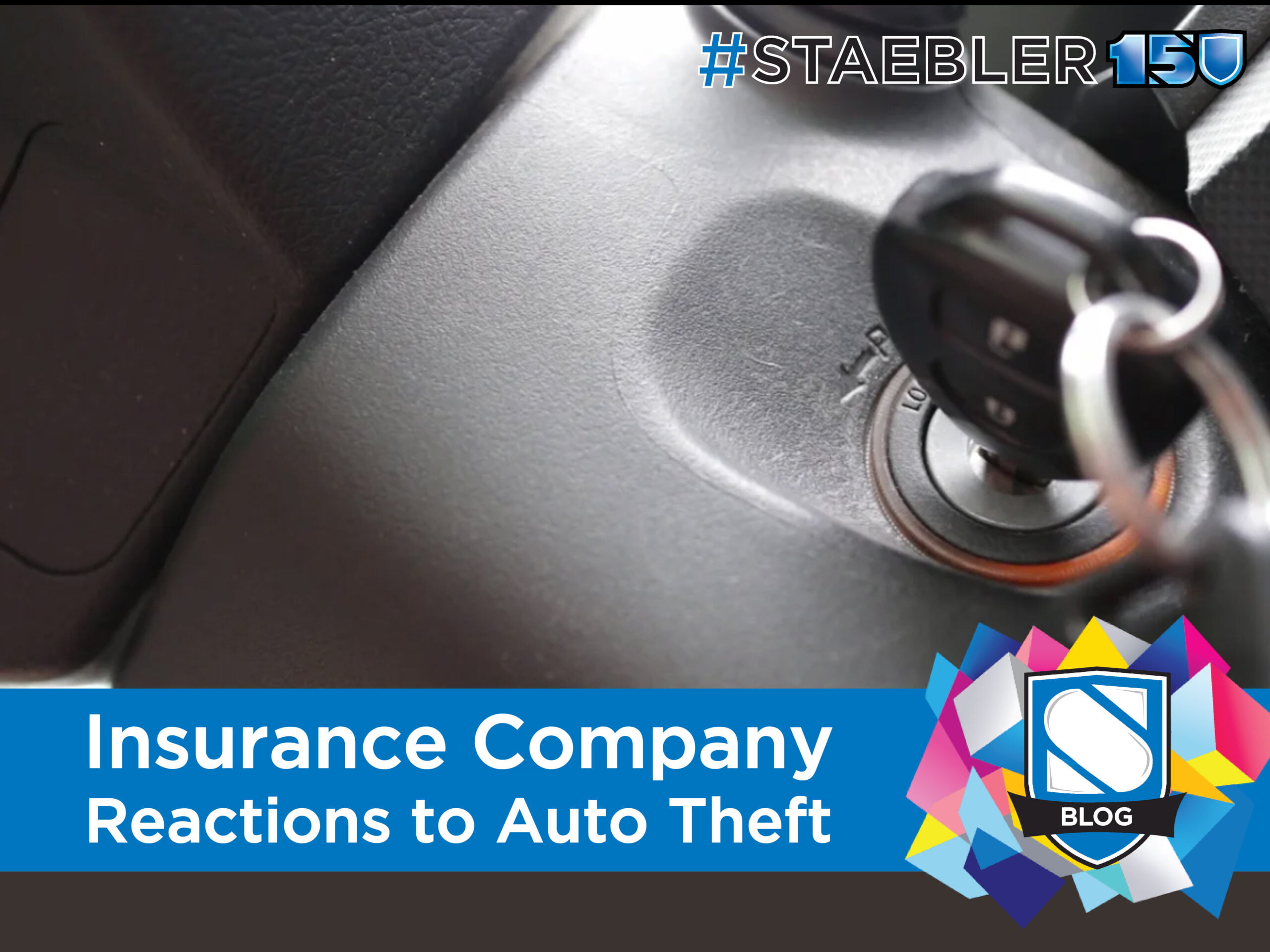
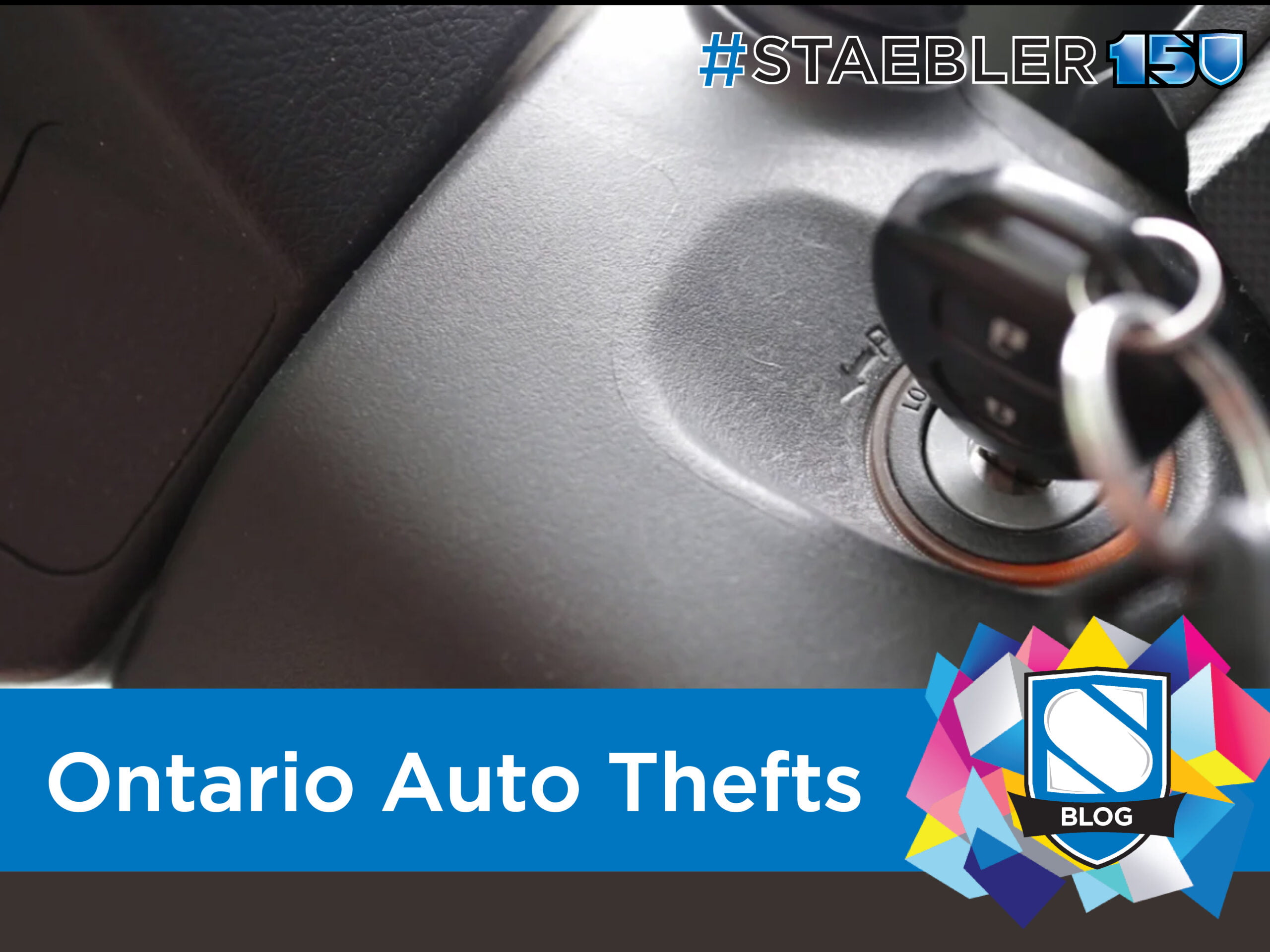
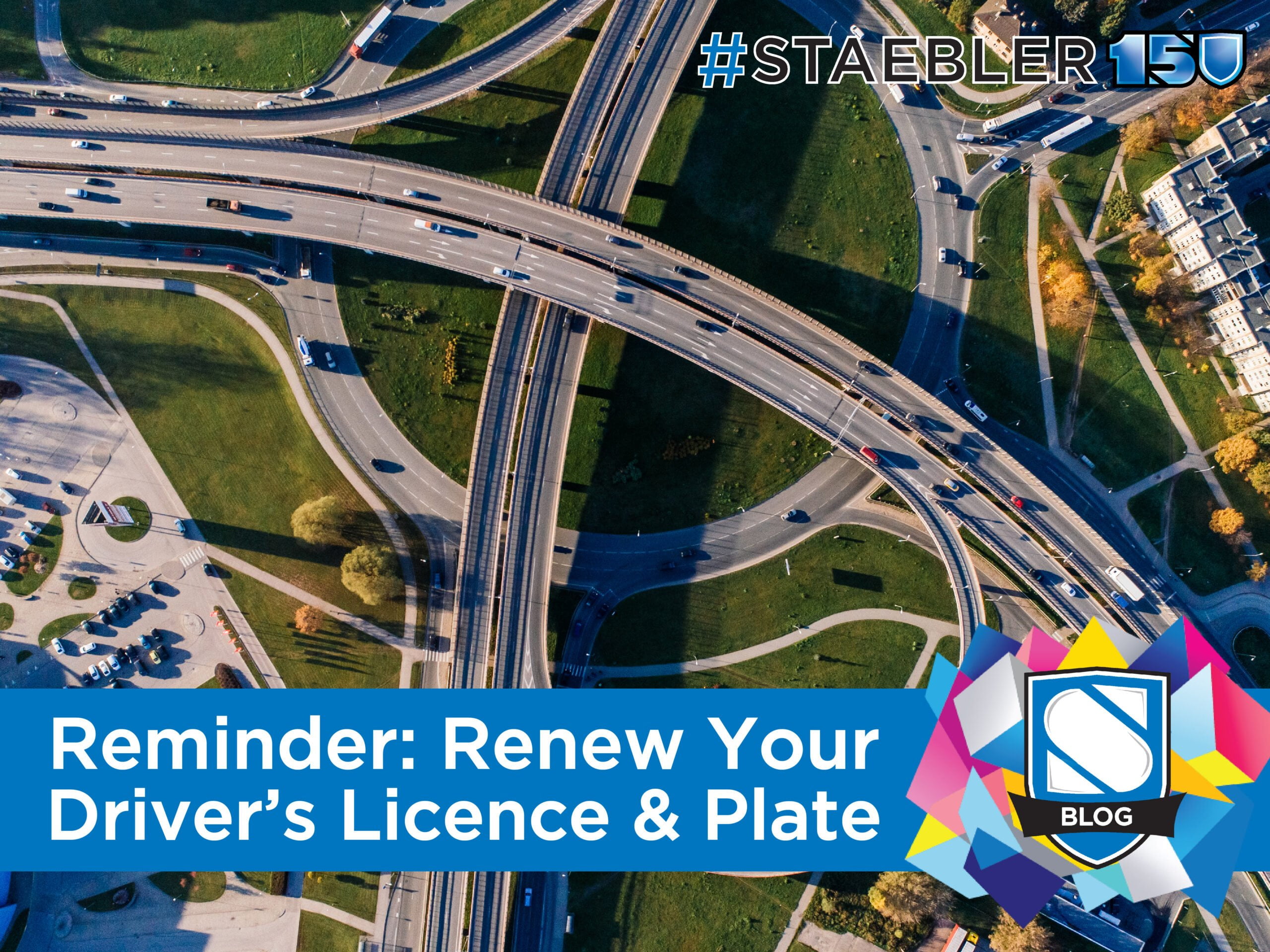


0 Comments